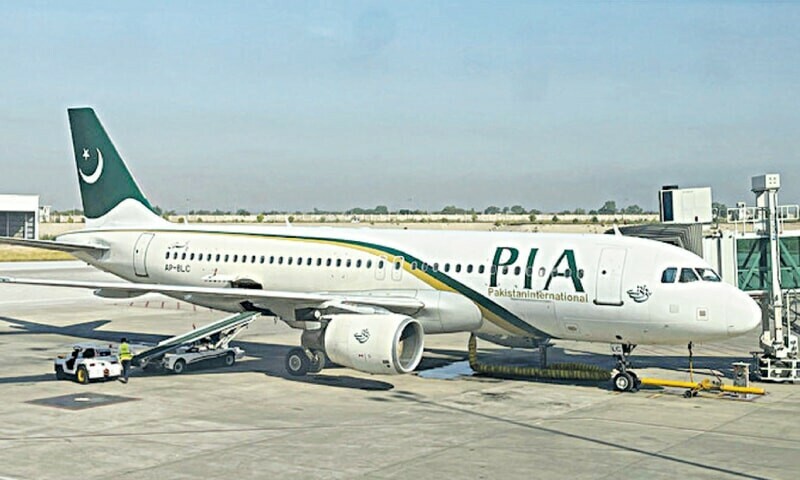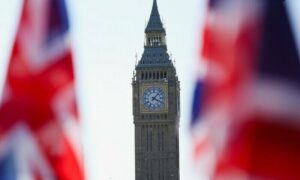The Pakistan International Airlines (PIA)’s privatisation process will be completed by October 1, Privatisation Commission Secretary Usman Akhtar Bajwa on Thursday told Senate Standing Committee on Privatisation.
PIA began to be unprofitable in 2011, requiring government subsidies. By the end of 2016, the national flag carrier was saddled with $3 billion in debt. At the end of 2018, the airline was burdened with $3.3bn in debt, up from $2.97bn the year before. Government bailouts were required for the carrier’s continued operation.
Last year in June, the then-government had agreed to overhaul loss-making state-owned enterprises, including PIA, under a deal with the International Monetary Fund (IMF) for a $3 billion bailout. But in February 2024 — right before the general elections — the election commission had asked the then-caretaker administration to “refrain” from finalising the deal.
In April, Finance Minister Muhammad Aurangzeb stated that the process of privatising PIA will be finalised by the end of June or early July.
During today’s session of the Senate Standing Committee on Privatisation, chairman Talal Chaudhry asked the secretary the reason for extending the date for the airlines’ privatisation process once again, inquiring if the date would exceed October 1.
“We are trying not to let the date exceed,” the secretary replied, adding that Prime Minister Shehbaz Sharif had said he did not want to extend the process beyond October 1.
The secretary went on to say that six companies were finalised for the national carrier’s bid, which included Fly Jinnah, Air Blue, Arif Habib Corporation, Y.B. Holdings, Pak Ethanol, and Blue World City.
The secretary noted the national flag carrier’s poor performance and deemed it close to “not functioning at all”, adding that the successful bidder would have to cover the gap of Rs80 billion in the first year.
“Whoever buys the PIA will also have to clear liabilities of Rs200 billion and spend Rs400 million on ship repairs and other issues,” he stated, adding that the airline’s deficit had reached Rs500bn.
Privatisation Minister Abdul Aleem Khan had also earlier termed the national flag carrier “a white elephant”, claiming it had caused a loss of Rs830 billion to the national exchequer, so far.
Privatisation of distribution companies
Meanwhile, the Prime Minister’s Office, in a notification, announced that three distribution companies (Discos), including the Islamabad Electric Supply Company (Iesco), Faisalabad Electric Supply Company (Fesco), and Gujranwala Electric Power Company (Gepco), would be offered for privatisation in phase 1.
“In light of the recommendations of the committee on DISCOs, it was decided that Lesco, Gepco, and Fesco shall be offered for complete privatisation in phase 1,” the notification read, adding that Lahore’s Lesco, Mepco in Multan, and Hazeco in Abbottabad shall be offered for “complete privatisation” in phase 2.
The notification said that the Privatisation Commission would “initiate the process for the hiring of transaction advisor and complete other formalities as per process” to finish phase 1 of privatisation and outsourcing of the three Discos.
With input from Reuters







